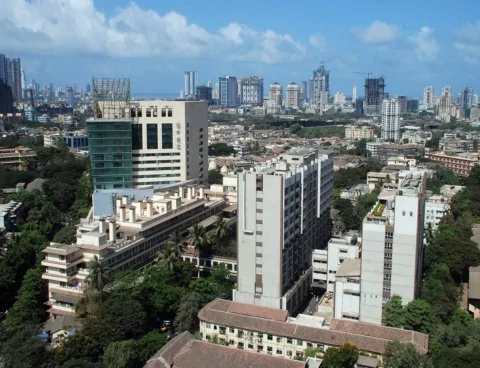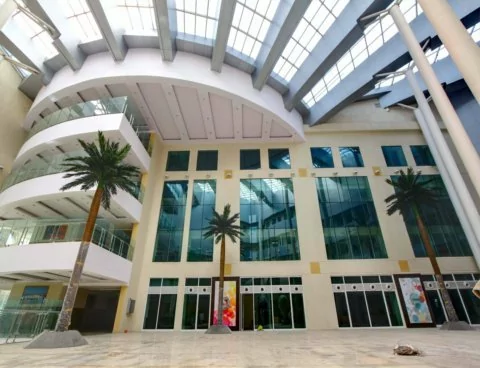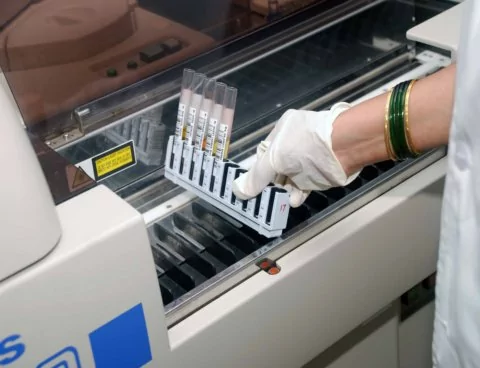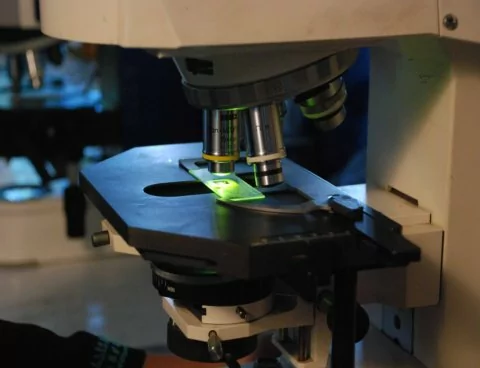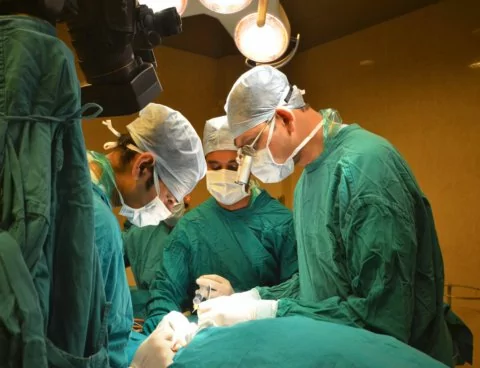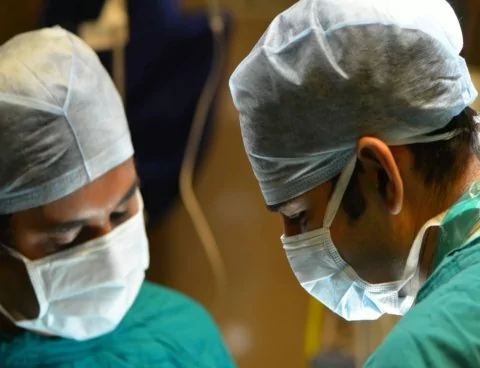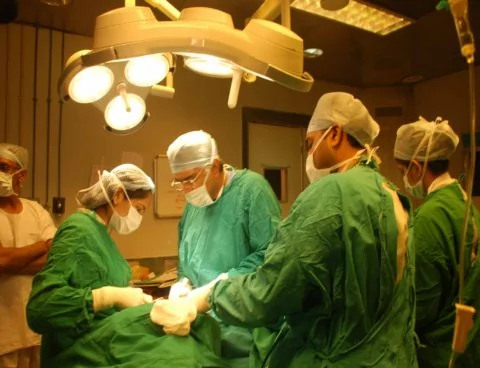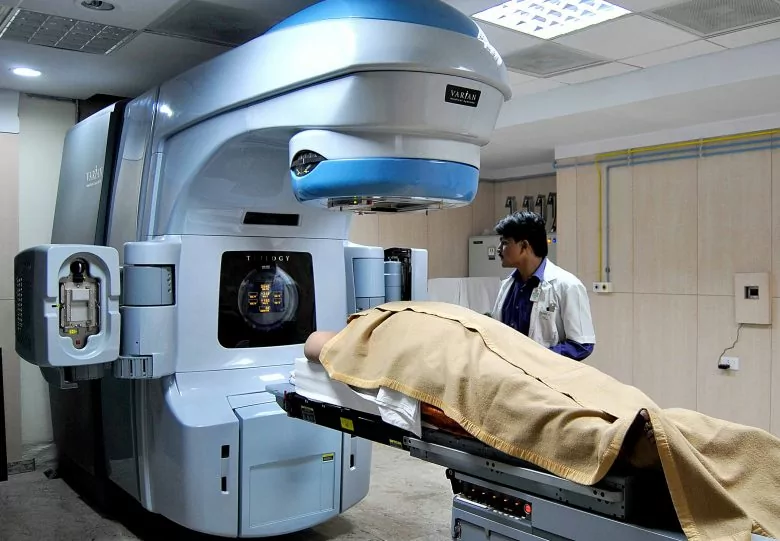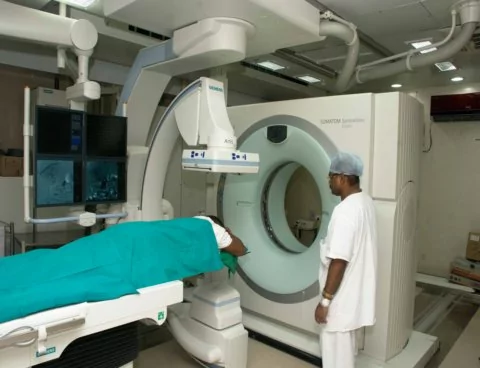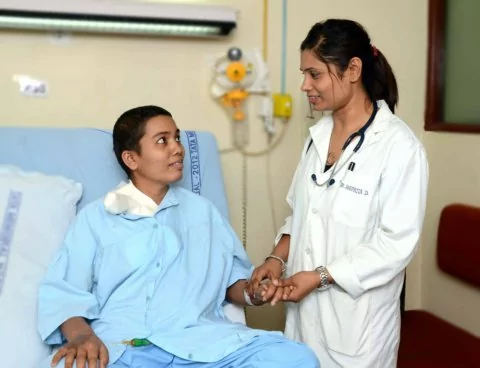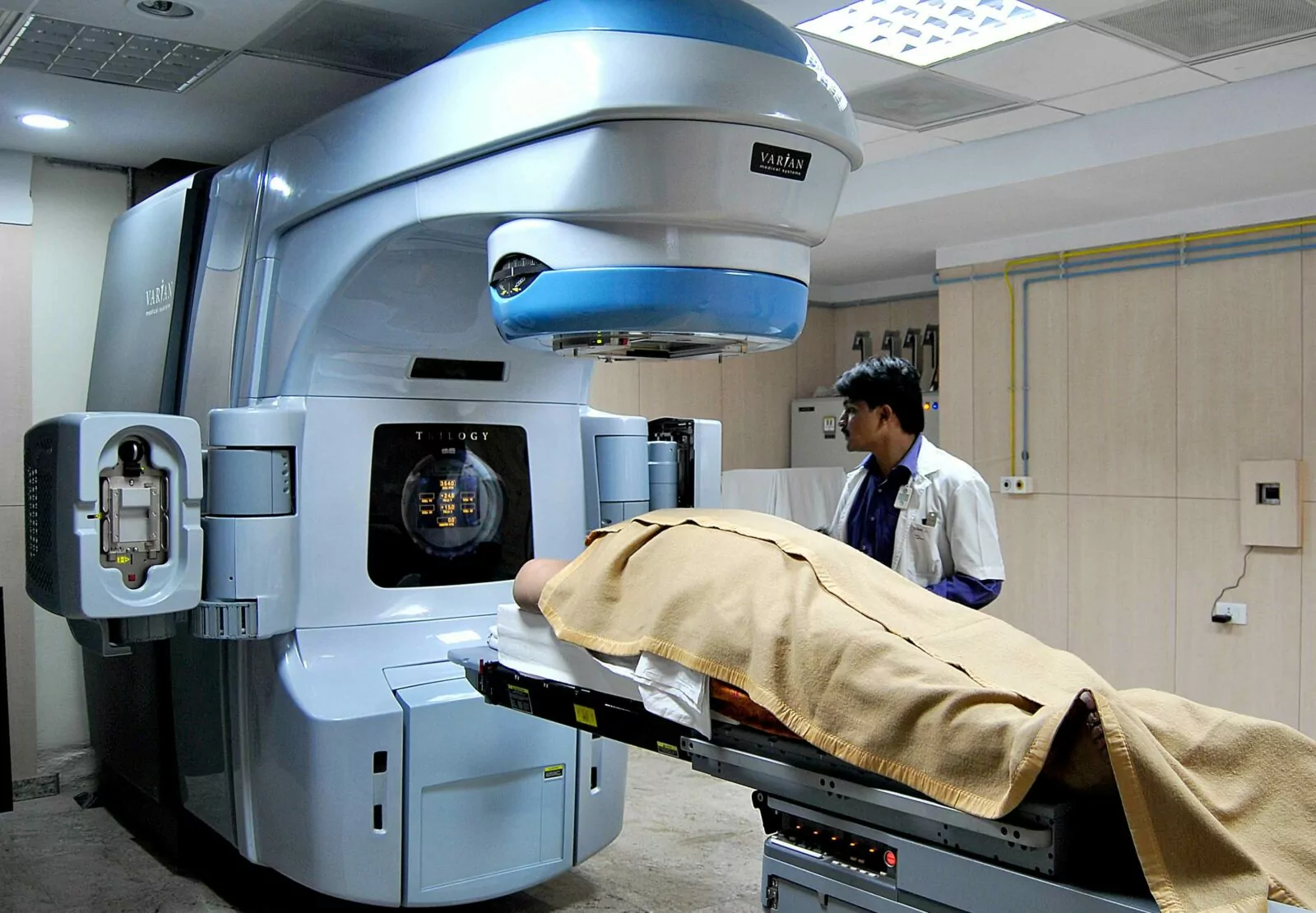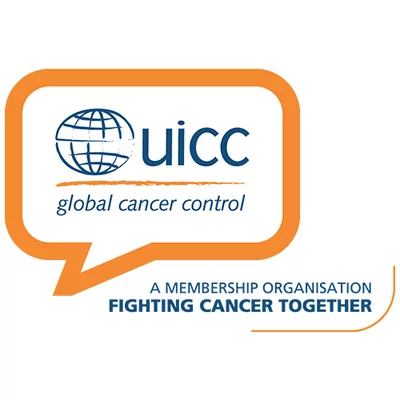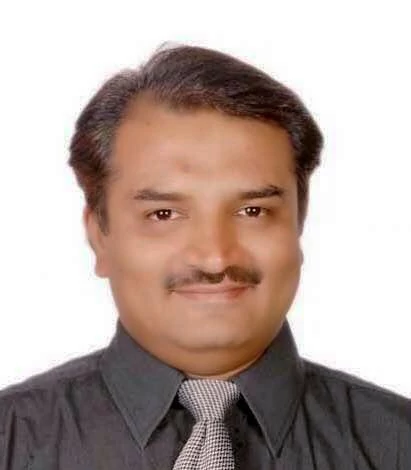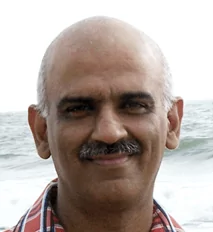- Medical tourism
- Clinics
- India
- Tata Memorial Hospital
Tata Memorial Hospital
India, Mumbai
Clinic Review
Tata Memorial is the Indian Cancer Center, which is annually chosen by over 64,000 patients from all over the world. The hospital specialists accurately diagnose and treat all types of cancers from stage 1-4. More than 70% of cancer center patients completely get rid of malignant tumors.
Annually, the Center conducts about 18, 500 minimally invasive, 11, 500 open and 250 laser operations.
Over 6000 cancer patients per year undergo effective radiation therapy and chemotherapy. Every day about 1,300 outpatients visits.
Patients at the Tata Memorial Hospital have access to innovative drugs and advanced treatments, as in 1962 the clinic was combined with the Cancer Research Institute and transferred to the Department of Atomic Energy of India (DAE).
In 1983, the Center conducted bone marrow transplantation for the first time in the country.
In 2006, the hospital received the "Outstanding Medical Facility-Member of the International Union of Cancer Control (UICC)" award for achievements in the field of oncology. Since 2014, the clinic began to use robotic interventions. From 2014-2016, the hospital specialists conducted 50 robotic surgeries.
IN TATA MEMORIAL HOSPITAL THERE ARE:
- Department of Radiation Oncology (carries out diagnostic and therapeutic procedures for cancer patients);
- Department of Intensive Care (deals with complications, critical diseases, malignant tumors);
- Center for cancer of the digestive system (here diagnosis and treatment of tumors in the organs of the digestive tract);
- Department of medical oncology (here they treat blood cancer and children's oncological diseases);
- Surgical department (where malignant tumors are removed);
- Department of cytopathology (engaged in pathological changes in cells);
- Center of biochemistry (here they conduct additional diagnostics of the patient for the most accurate diagnosis);
- Department of radiodiagnostics (allows to determine the exact size and location of the tumor, detect metastases, determine the extent of damage to surrounding organs);
- Department of Maxillofacial Surgery (here there are maxillofacial prostheses);
- Department of Medical Physics (here improve methods of cancer treatment);
- Department of Palliative Medicine (supports patients and helps them cope with pain);
- Department of General Medicine (deals with the treatment of complications after cancer);
- Blood transfusion center;
- Department of Nuclear Medicine (conducts diagnostics of cancer and also helps to detect malignant lesions in the chest, head and neck).
- Department of Cancer Prevention (focuses on the early detection of the disease and its prevention);
- Bank of tissues (is engaged in the search and storage of safe and reliable tissues and organs for transplantation);
- Stoma's Clinic (here help patients with an artificial hole in the gut to adapt to a new lifestyle).
Features of the Clinic
SURGERY IN TATA MEMORIAL HOSPITAL
Since 1941, the surgical department of the Tata Memorial Hospital is leading in the field of operative cancer treatment. Every year, about 14,000 minimally invasive and 9,000 open operations are performed here.
There are 4 divisions in the department:
- surgical oncology;
- head and neck cancer;
- gynecological oncology;
- plastic and reconstructive surgery.
Doctors put efforts to preserve the patient's organ during the surgery of malignant formation. If possible, they turn to safe minimally invasive surgery.
The Center also provides free tissue transplantation during reconstructive surgery. There were 5,000 such transplants, 97% of which were completely successful.
RADIATION THERAPY IN THE TATA MEMORIAL CLINIC
Cancer is treated with advanced methods of radiotherapy here:
- Intensive Modulated Radiation Therapy (IMRT). It is considered to be the most safe for healthy tissues and organs, since it acts directly on malignant formation. The procedure is highly effective due to the fact that it allows to deliver the maximum dose of radiation directly to the tumor.
- Tomotherapy. Allows to irradiate several tumors simultaneously and determine the degree of damage to cancer cells after the procedure.
- Stereotactic Radiosurgery (SRX). This method involves the safe conduct of clearly focused beams of rays to cancer cells. It is most often used to treat brain tumors.
- Total body irradiation (TBI). It assumes uniform irradiation of the whole body. Shown before transplantation.
- Radiation therapy of skin (TSET). It is used to treat squamous cell carcinoma of the skin.
- Dynamic Electronic Arc Therapy (EDT). This method of irradiation involves irradiating hard-to-reach tumors with a moving electron beam.
DEPARTMENT OF INTENSIVE THERAPY OF THE TATA MEMORIAL HOSPITAL
The Department has 11 resuscitation chambers and the 22nd - to restore patients after transplantation. Every year more than 650 patients are assisted here in critical condition.
Since 2002, the department has a team to combat heart attacks.
The department also has a clinic for preoperative anesthesia evaluation of cancer patients who are scheduled to undergo surgery. Specialists conduct a comprehensive examination of the patient and make an individual anesthesia plan.
Certificates
Doctors
Tata Memorial Hospital is located 15 kilometers from Mumbai Airport. Next to the clinic, there are branches of large banks, several shops, hotels and a guesthouse. Going to clinic by taxi or using the public transport usually takes no more than half an hour.



